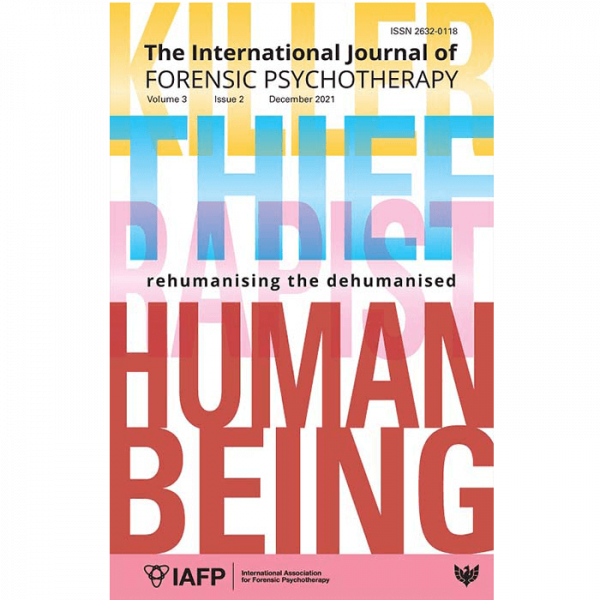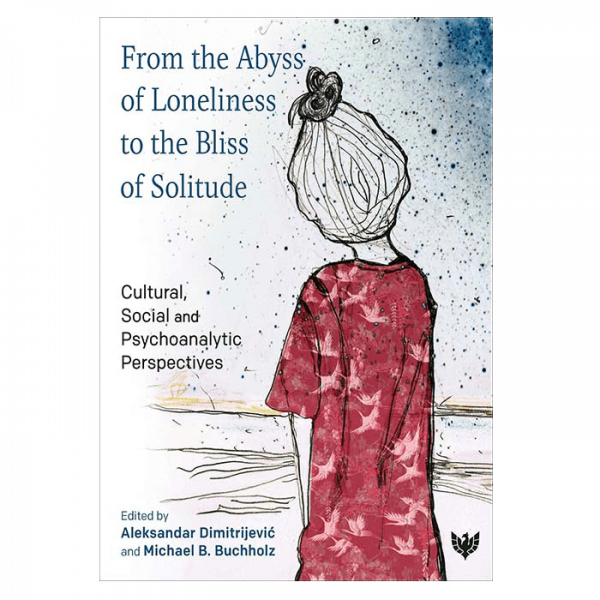Salman Akhtar presents three rich essays brimming with psychoanalytic theory on personality development and how such knowledge enhances treatment. Essay 1 starts at the earliest infancy and takes the reader all along the path past adolescence. It addresses key developmental landmarks, including:
- Establishing a satisfactory parental bond
- Moving towards autonomy and independence
- Acquiring a moral sense
- Consolidating identity.
Essay 2 picks up after adolescence. It addresses the psychosocial challenges characteristic of young adulthood, midlife, and old age, such as:
- Assuming the role of a wage-earner and “house-holder”
- Enjoying sex, love, and marriage
- Downsizing and retiring from one’s job
- Dealing with the deaths of friends and family and facing one’s own mortality.
Essay 3 builds upon the theory that has gone before and examines how a deepened understanding of psychic development can inform the clinician’s approach. With an emphasis on development as a lifelong process, this essay provides clear guidelines for facilitating such growth, including:
- Creating psychic space for thinking
- Helping the patient find words for inner experiences
- Validating the patient’s reality
- Enhancing the sense of personal agency in the patient.
The complex tapestry woven by these three essays is extended by a prologue and an epilogue. The prologue opens with the “pre-self” – events before birth that impact on who we become. The epilogue discusses the “post-self” – how we “live on” as memories held by those who knew us.
In Leaps and Bounds deepens the understanding of the nuances of human development. It is key reading for practising and trainee psychoanalysts and psychoanalytic psychotherapists to enhance their clinical practice. It is highly recommended for all enquiring minds looking to expand their knowledge of what makes us who we are.





Jennifer Davids, Supervising Child and Adolescent Psychoanalyst, British Psychoanalytical Society (BPaS); Adult, Child, and Adolescent Psychoanalyst, BPaS, IPA –
‘Salman Akhtar draws on four decades of experience as a doctor, poet, academic, immigrant, and psychoanalyst in a work of “sculpted creativity” that deepens our understanding of lifelong development and of development-facilitating interventions. This results in a culturally and linguistically sensitive book, which includes powerful poetry, for psychoanalytic, medical, and psychology students as well as for seasoned clinicians. Akhtar has unpacked the metapsychology of developmental help in the clearest exposition I have ever read.’
Leon Hoffman, Co-Director, Pacella Research Center, New York Psychoanalytic Society and Institute; Chief Psychiatrist, West End Day School –
‘Salman Akhtar provides us with a rich psychoanalytic exploration of development: from the prenatal period to old age. With an exquisite writing style, he integrates analytic concepts, developmental principles, and sociocultural forces. To highlight this work, he illustrates the theoretical principles with almost twenty clinical vignettes. This makes his book highly readable and useful for clinicians at all levels of experience.’
Olga Santa María, Training and Supervising Analyst, APM, IPA President, Mexican Psychoanalytic Society –
‘With a writing style that blends medical scholarship, psychoanalysis, poetry, and storytelling, In Leaps and Bounds takes us on an inspiring journey through life’s developmental seasons. It offers us a coherent and eminently useful set of “development-facilitating interventions” that enhance patients’ autonomy, validate subjectivity, create space for thinking, and provide words for the unmentalized sectors of inner experience. This is a striking addition to our therapeutic armamentarium!’
Emily Harrison, BACP Therapy Today –
‘Despite Akhtar’s psychoanalytic grounding, the interventions are highly relevant to therapists of different modalities owing to their largely relational nature. I found his suggestions to be very thought-provoking in terms of attending to the relationship, and well illustrated by detailed and culturally diverse vignettes.’